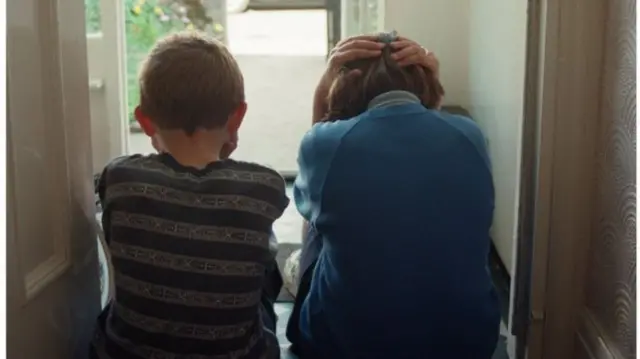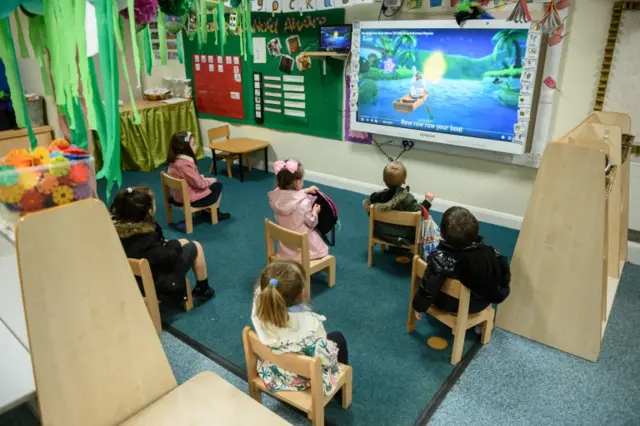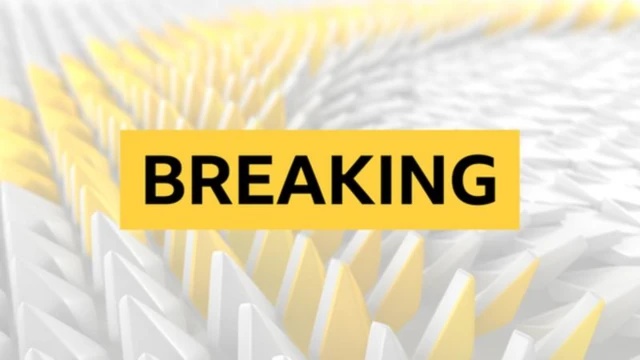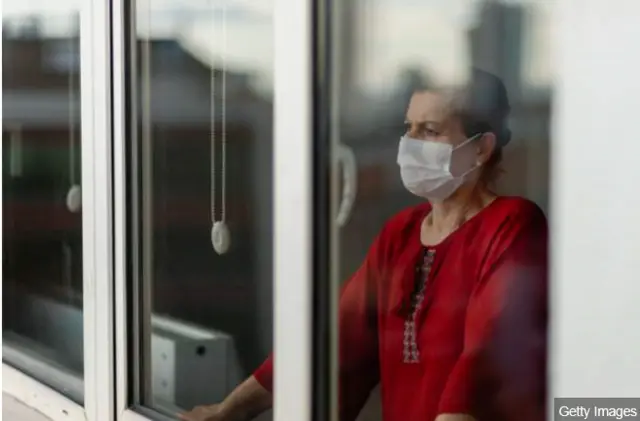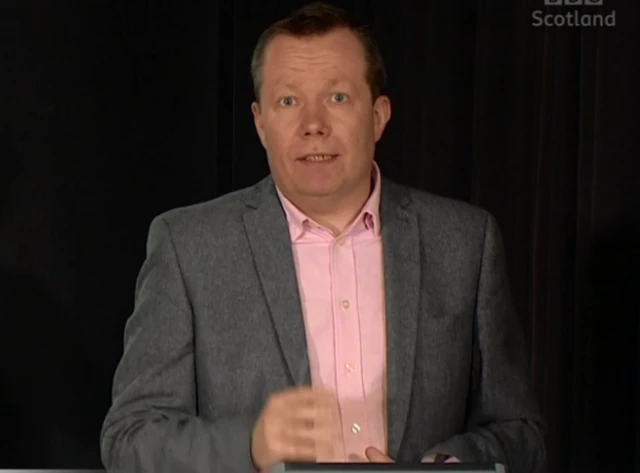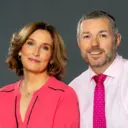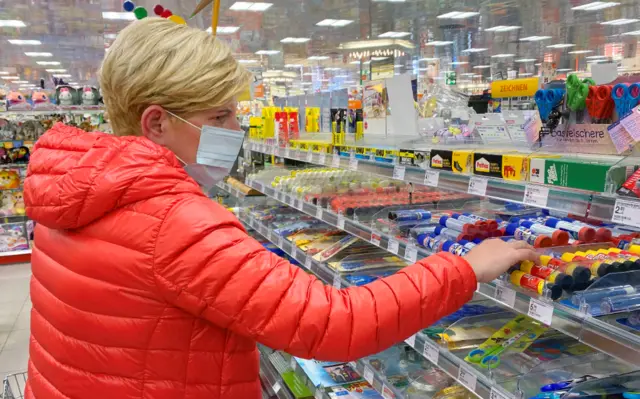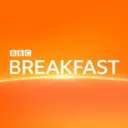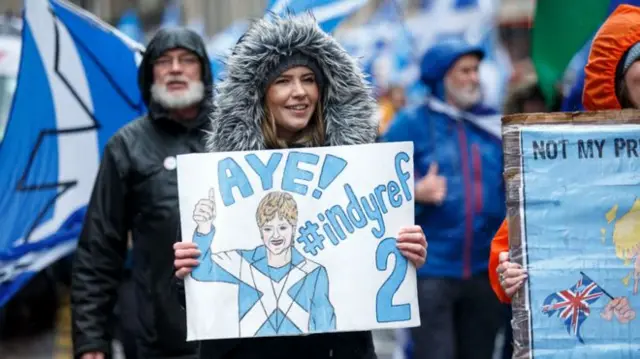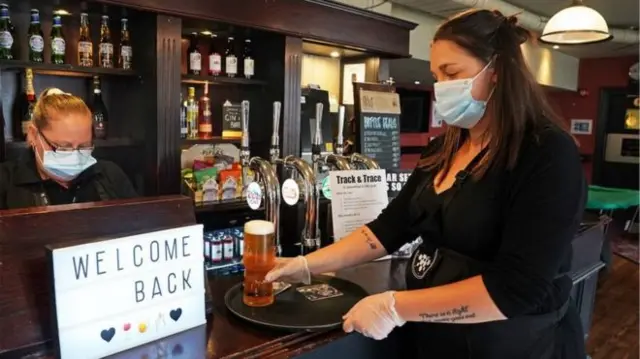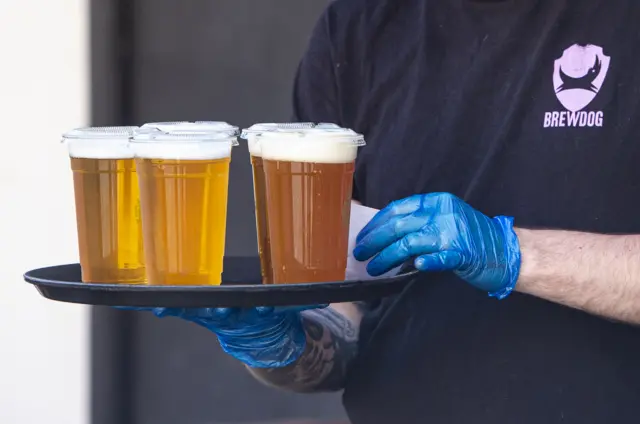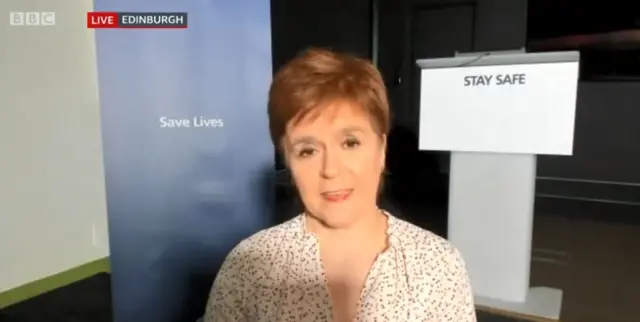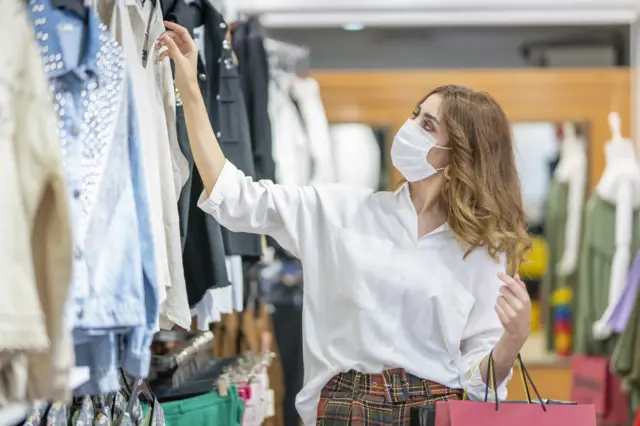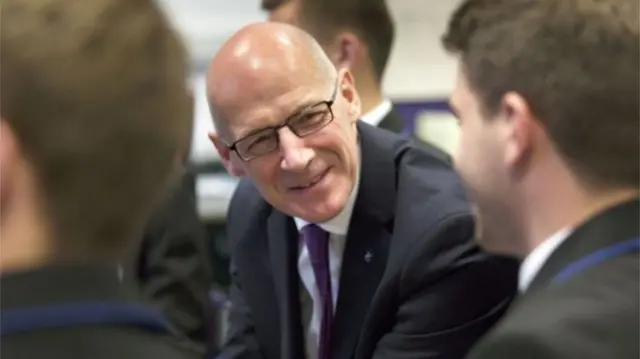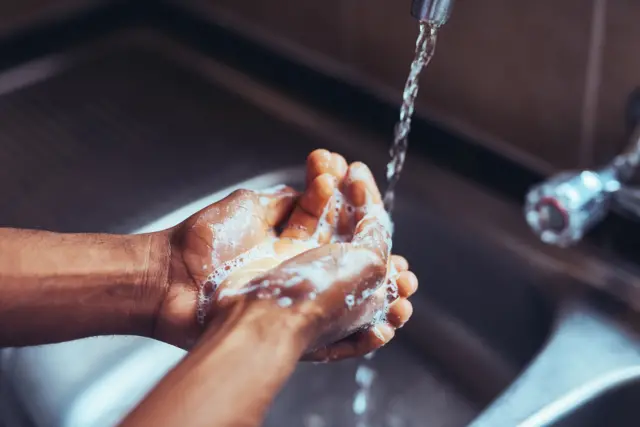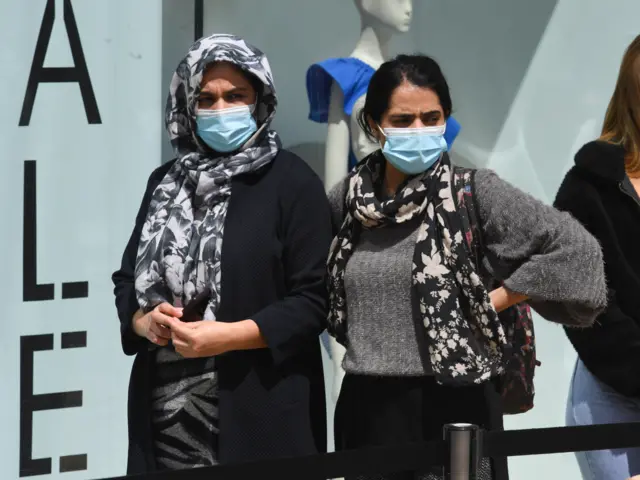'I won't be back in the shops until the law changes'published at 11:37 BST 10 July 2020
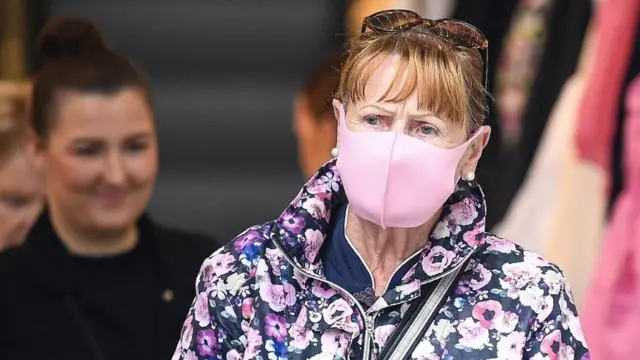 Image source, Getty Images
Image source, Getty ImagesFace coverings are now compulsory in shops in Scotland.
The day before the new law came in we asked shoppers in Edinburgh if they have been wearing them already - and what they think about the new law.
Rich Fields told us he won't be covering his face.
"I'm out just now getting some last bits and bobs because I don't want to wear a mask, so I won't be back to the shops until it changes," the 52-year-old said.
Doctor Agnieszka Jana said wearing a mask was "becoming more of a habit".
"I'm carrying one in my pocket to go to the shops," she said.
